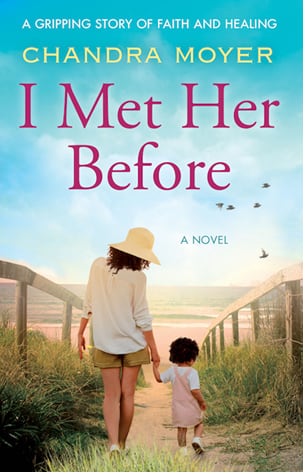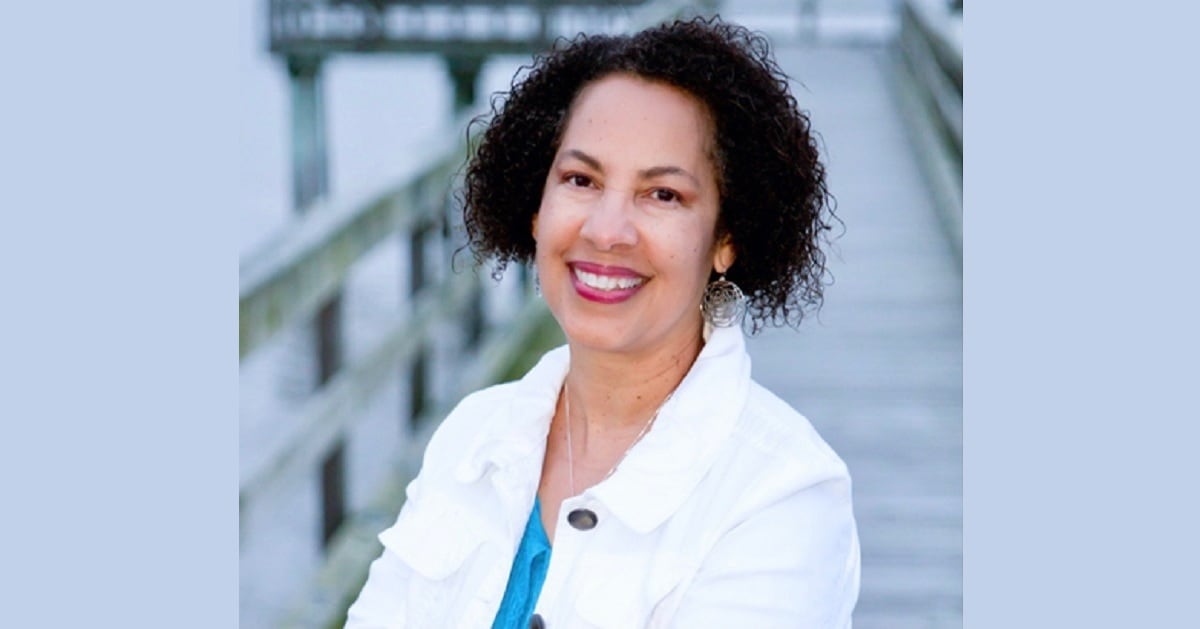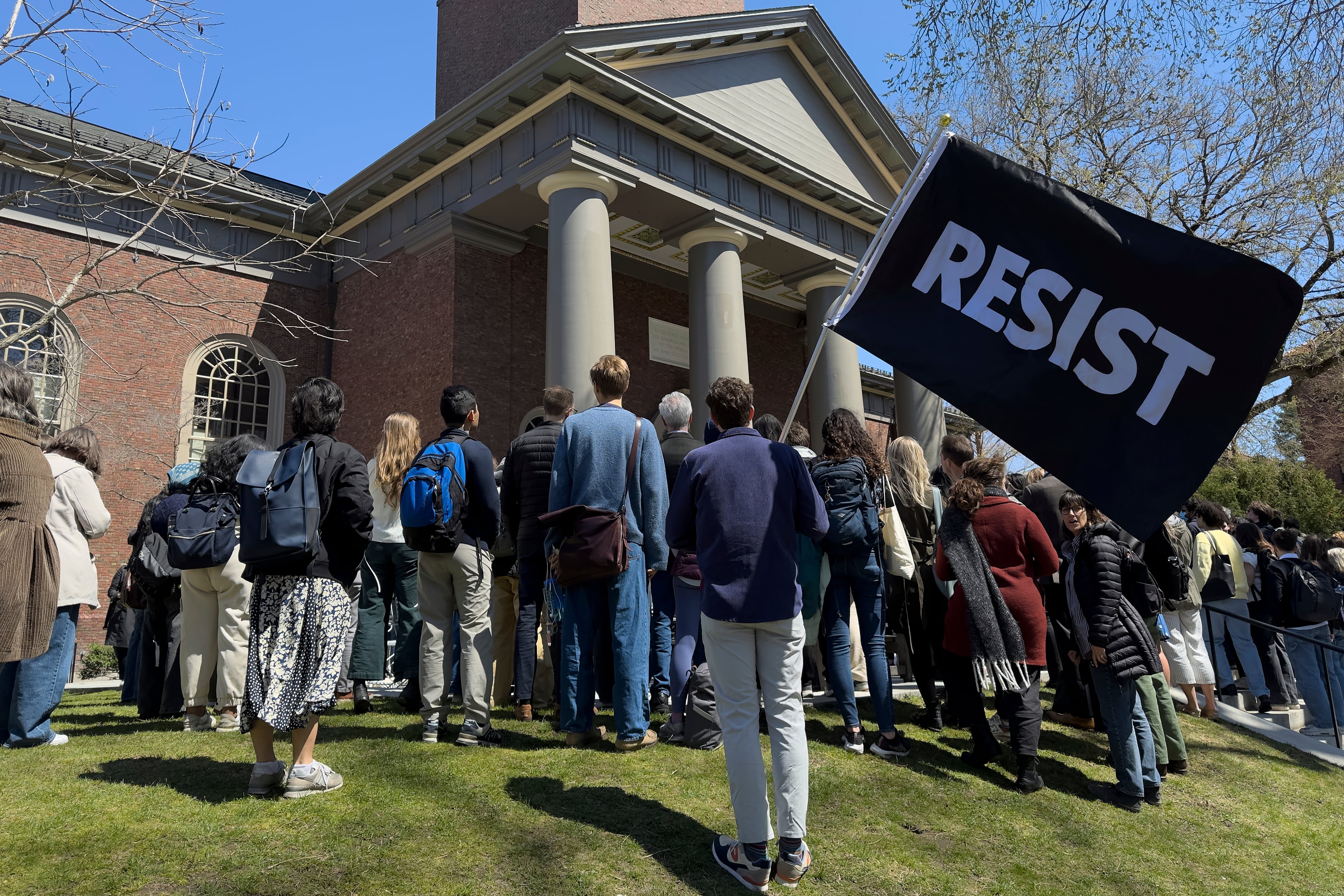Chandra Moyer was raised in a military family. The daughter of a career Air Force father, she moved with her family to various stations throughout her childhood from the 1950s to the 1970s. After college Army ROTC, she became a commissioned Army second lieutenant in 1978.
Moyer met her husband, a fellow Army officer, while serving. But challenges in getting stationed with or near her husband led her to leave her uniformed career behind to raise a family, still part of the military community.
The couple had two children but decided they wanted to grow their family and began by fostering two young children they intended to adopt. A few months into that process, in 1990, Moyer noticed what she later learned might be signs of abuse in one of the children.
The young parents sought therapy for the child but met stiff resistance from foster care officials. Eventually both children were taken back into the foster care system.
That experience opened up painful, long-buried memories of her own childhood and led her on a path that resulted in years of nonprofit work, graduate school research and, most recently, publishing a very personal novel that tells both her story and those of the children she lost.
She told her husband and others she thought something horrible had happened to her as a child but she simply couldn’t remember.
What emerged over the ensuing years, through terrifying flashbacks and pieces of conversations with relatives, revealed that she had been sexually abused for years by a family member.
Decades later, after journaling about her pain and ongoing recovery, she turned to fiction, writing the recently published novel, “I Met Her Before.”
The book is a fictionalized account that mirrors some of Moyer’s experiences both as a survivor of childhood sexual trauma and a foster parent who suspected the same abuse had happened to her young foster child.
The Q&A section below has been edited for space and clarity.
Q: What brought back the memories of your childhood abuse?
A: The details of that are in my memoir “Tragically Taken.” When the two kids we were adopting were abruptly taken from our home the trauma of that experience awakened memories of sexual abuse. Having no control over the situation and feeling powerless triggered the memories.

Q: What was the reaction of your husband, your family, when you sought to learn what had happened to you?
A: My husband was supportive because he saw first-hand the effects of the depression and flashbacks. In fact, he urged me to go into therapy because he was at his wits end as to what to do. I was trying to do it on my own and it wasn’t working. My children were too young to understand what was happening to me. All they knew was that Mom was hurting. My parents and siblings didn’t want me to open up and tell the family secret.
Q: How did journaling and therapy lead to writing the first book, “Tragically Taken?”
A: I had documented my conversations with the social worker that made it easier to outline the chapters when it came time to write my memoir Tragically Taken. I wrote throughout my recovery. Journaling and therapy were a lifeline for me. Journaling helped me express what I felt when I was too ashamed to speak about it. In essence, I used journaling as a roadmap to healing. So, when it was time to write my novel, I pulled out all my old journals. Not only did writing help me heal, but it helped craft my second book, I Met Her Before.
Q: What led you to do work to prevent human trafficking and what you did in that area?
A: In 2008 I received an invitation to work with a non-government (NGO) agency rescuing trafficked youth in Uganda. My role as a spiritual advisor was to provide emotional and spiritual support to ex-child soldiers who had been severely traumatized. It would prove to be a life changing experience.
At that time, I had also become an empty nester with all of my children leaving home. Those two things would be the catalyst to shift me into graduate school. I enrolled in Culture & Values in the Social Policy graduate program. What I thought was an international problem I would learn that it was a major problem here in America.
Q: How did the first book and your work with Release Me International contribute to writing your most recent novel, “I Met Her Before?”
A: In my memoir, I share how the social worker took the children from our home. The trauma of that experience triggered the repressed memories. My first flashback happened soon after.
Before the social worker removed the kids, I took the little girl to the therapist because she showed signs of sexual abuse. The therapist said to me, “I think that it’s admirable that you’re fighting for her. You’re fighting the entire state of Hawaii. Could it be that you have met her before?” I thought that was the oddest thing for the therapist to say to me. But she was right. I had met her before. I wouldn’t find that out until a few years later when I had my meltdown and faced my memories of childhood trauma. The little girl was me, and nobody fought for me.
Release Me International was the result of my studies of graduate work in public policy. The research made me aware that human trafficking was a major domestic issue that nobody was talking about. I had a passion for educating people about this prevalent issue. I focused on educating law enforcement, educators, and medical professionals on identifying victims and how to help them.
As I was training on child trafficking prevention, experts were developing new terminology for this horrific crime. I was sitting at a conference listening to a speaker define child exploitation when it hit me between the eyes. I was a victim of sex trafficking. No wonder I had a passion for this issue.
I saw the power of education as I trained people on child sex trafficking prevention. And what better way to educate people on repressed trauma and how to heal than through writing a novel.
Q: Why did you choose to write a novel rather than a memoir?
A: I started writing my story as a memoir. Then I got stuck. Since some of the events happened a long time ago, I struggled with getting dates and places right. Something didn’t feel right as I grappled with whether or not to share the darker moments. It was suggested to me to write my story as a novel. That idea resonated with me. My hands were no longer tied and fiction gave me creative freedom to share my story.
Q: What would you want our readership, mostly military or military families to take away from this book or your experience?
A: I want readers to know that this is a real problem that many military families experience. It’s so important for survivors to have community and support as they go through this healing process. My advice is don’t go it alone. Seek professional help.
I wrote the book because I didn’t have a go-to resource as I went through my recovery. I hope my book will serve as a resource for anyone who has experienced childhood sexual abuse and those who know them. I believe that educators, counselors, and family members could benefit from my book. It’s a story of the freedom and healing power of God’s love. I want survivors to know that they are not alone. And there is a new and better life on the other side. Survivors can thrive after abuse.
Todd South has written about crime, courts, government and the military for multiple publications since 2004 and was named a 2014 Pulitzer finalist for a co-written project on witness intimidation. Todd is a Marine veteran of the Iraq War.




